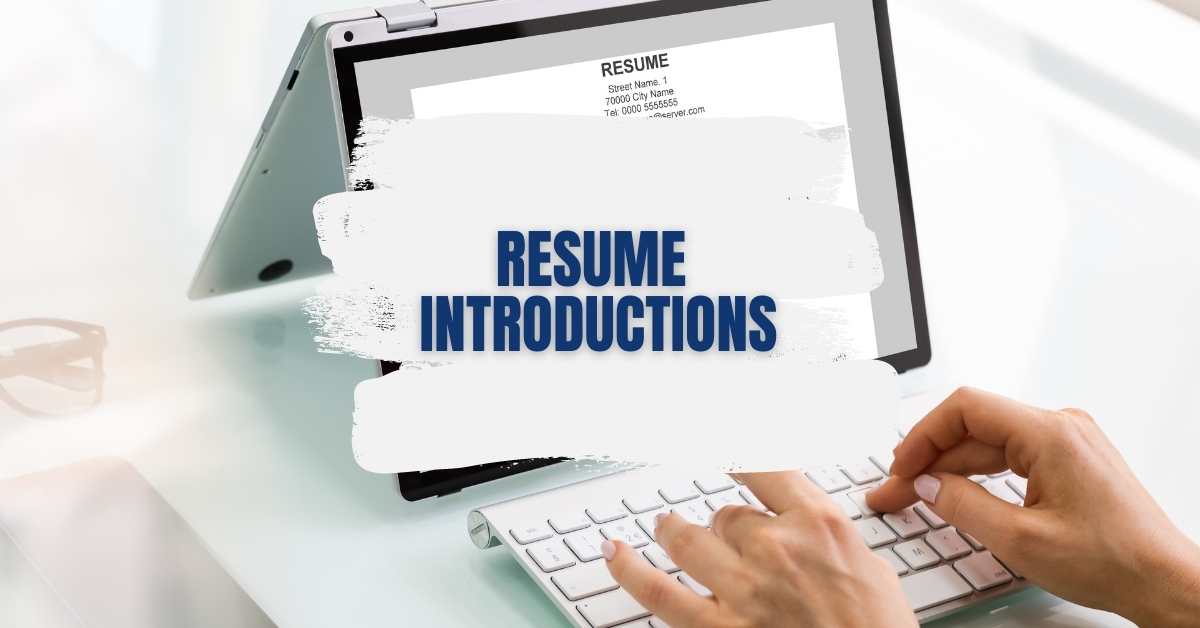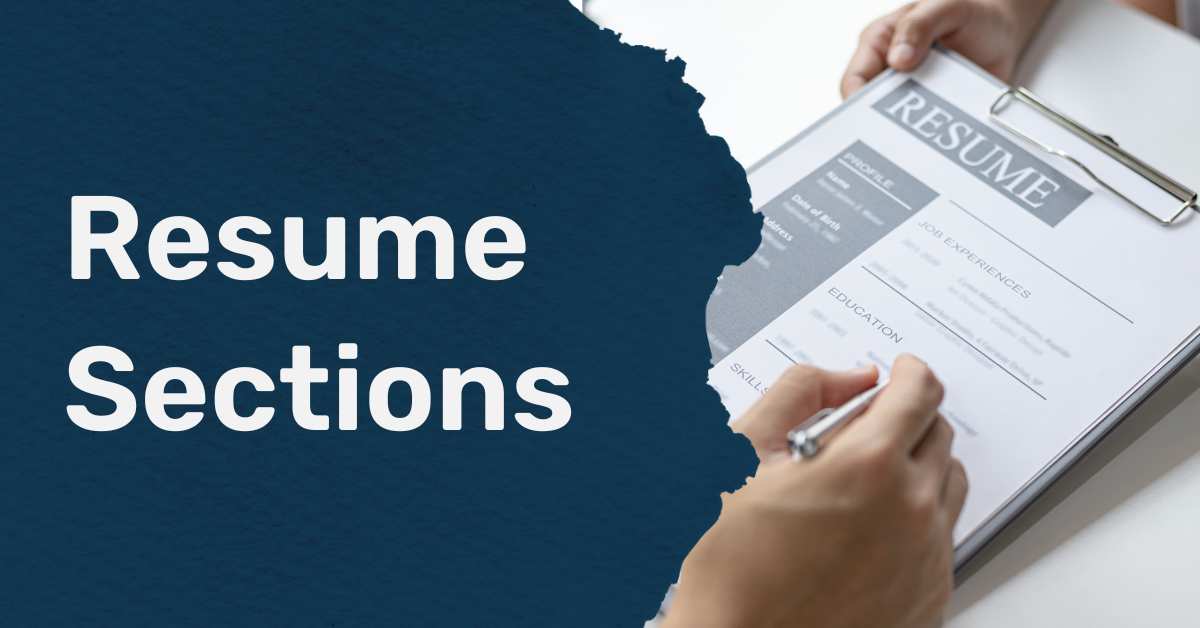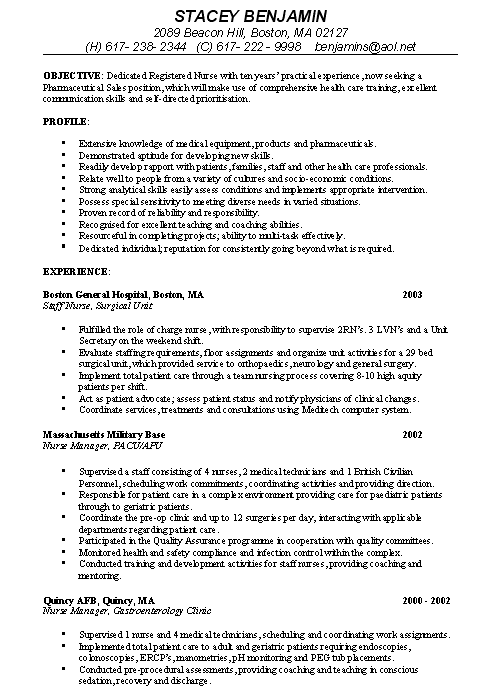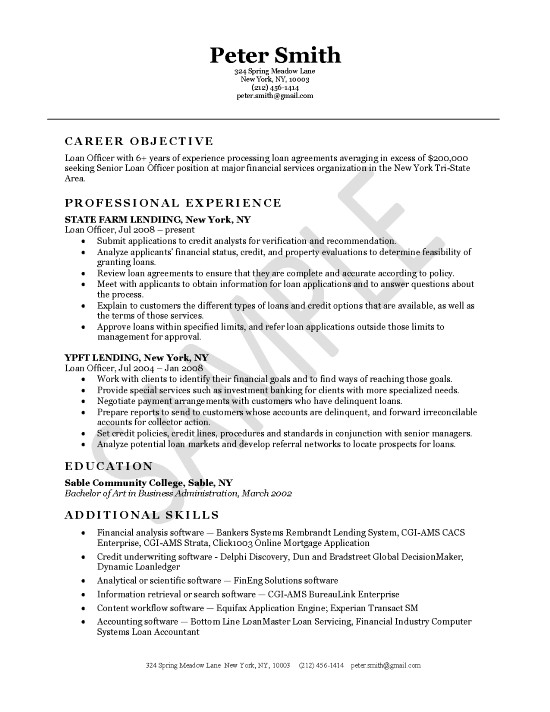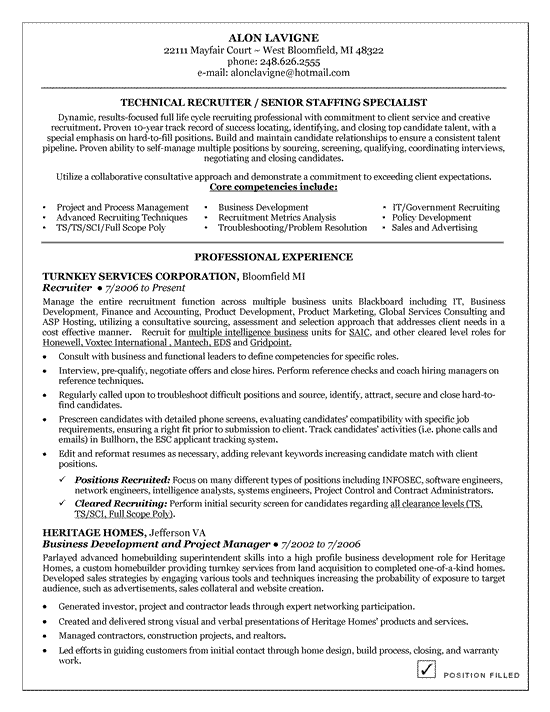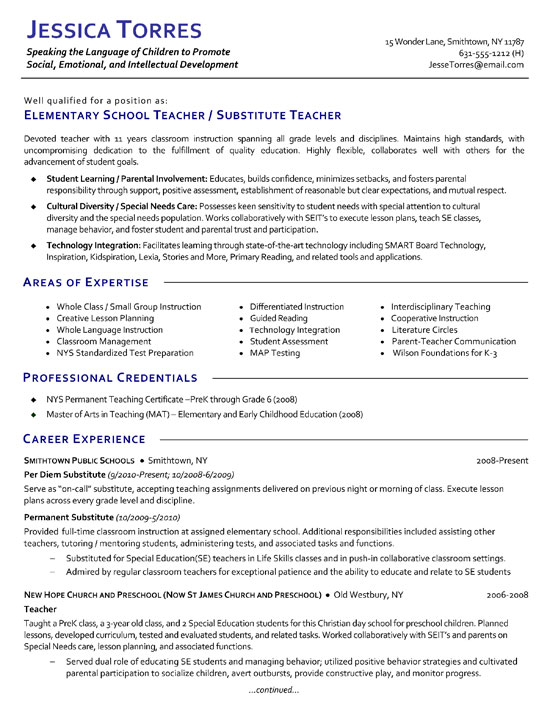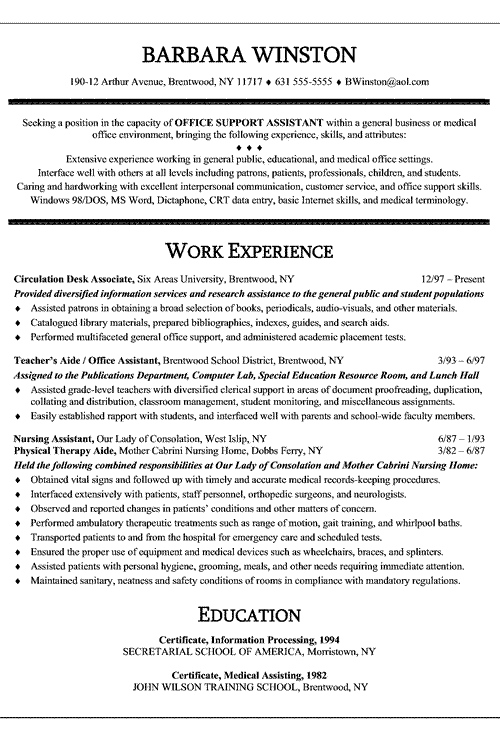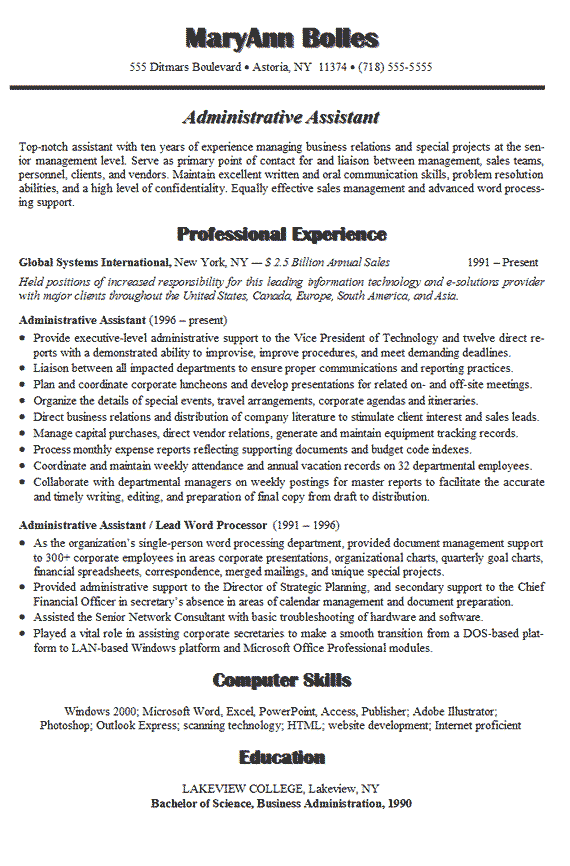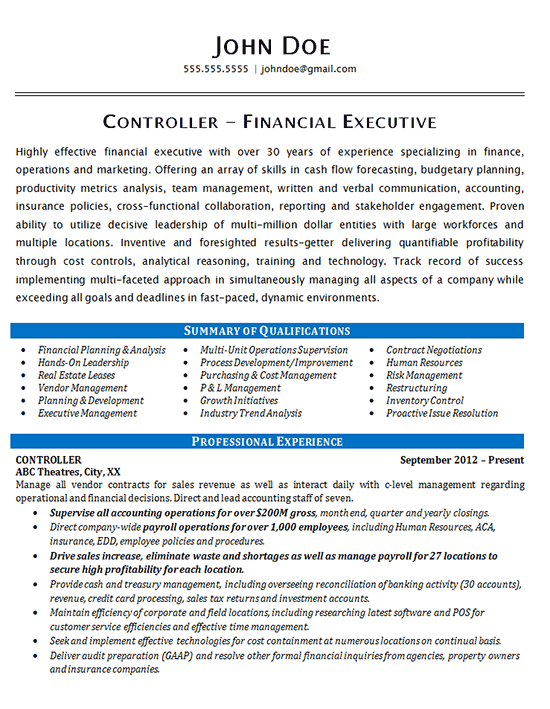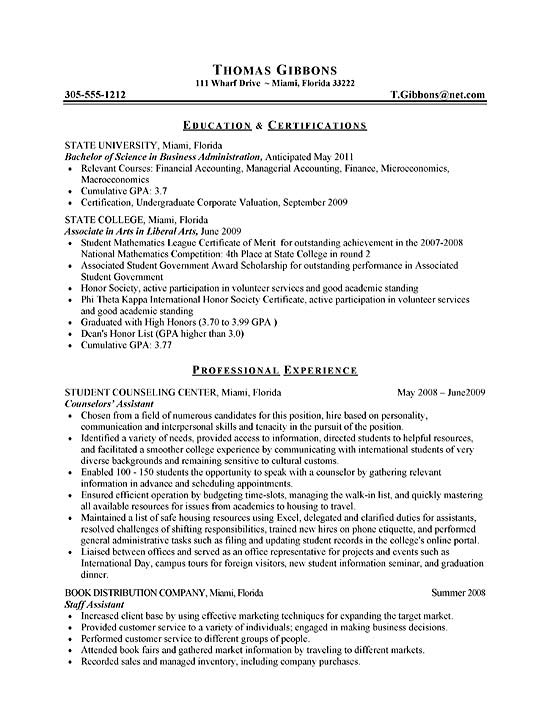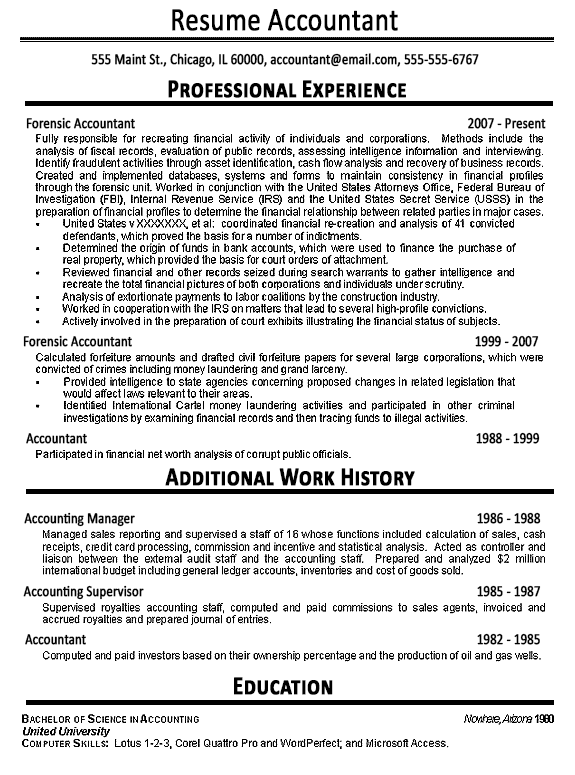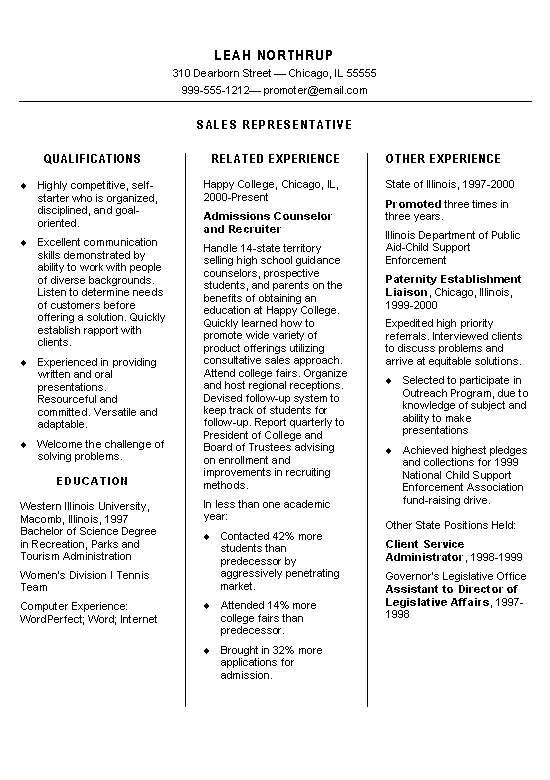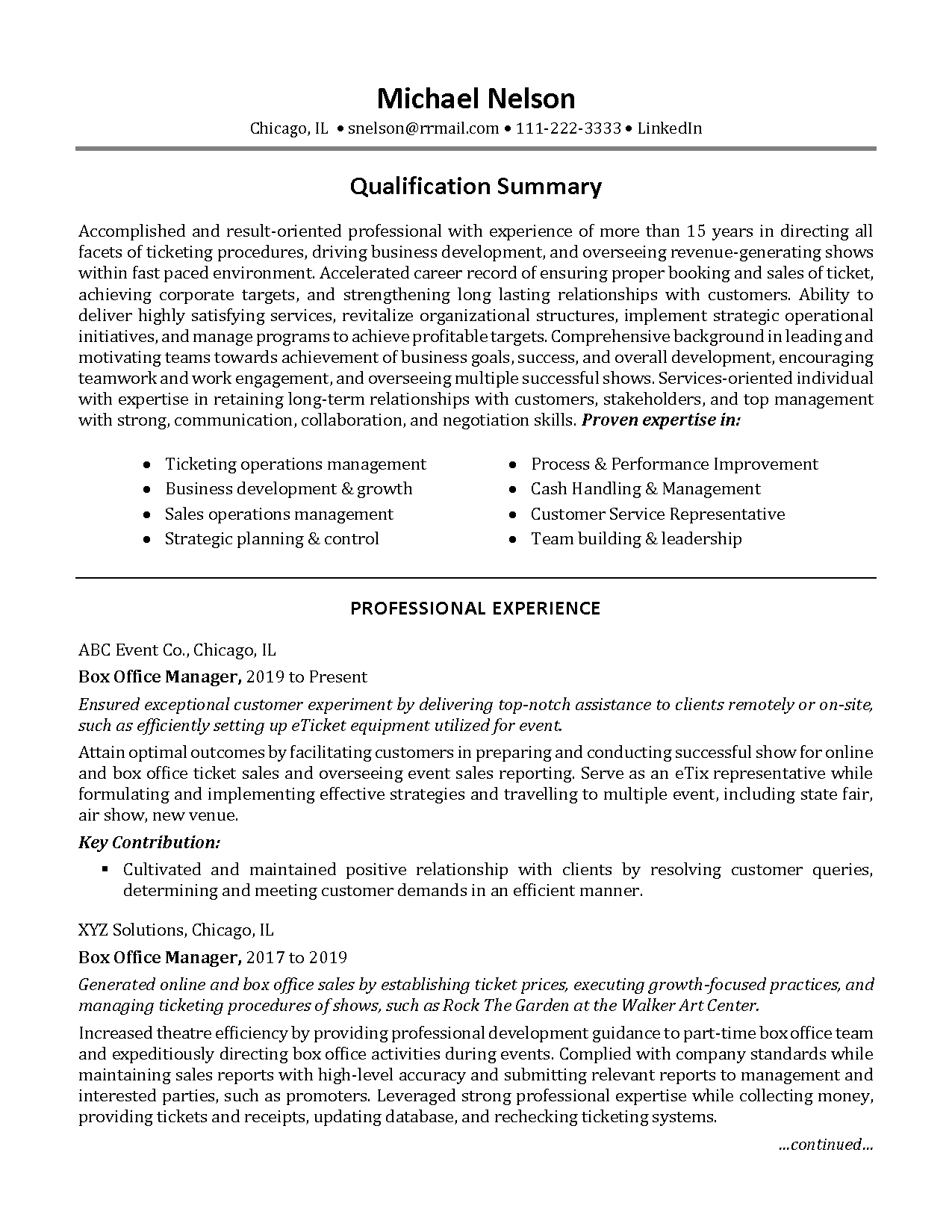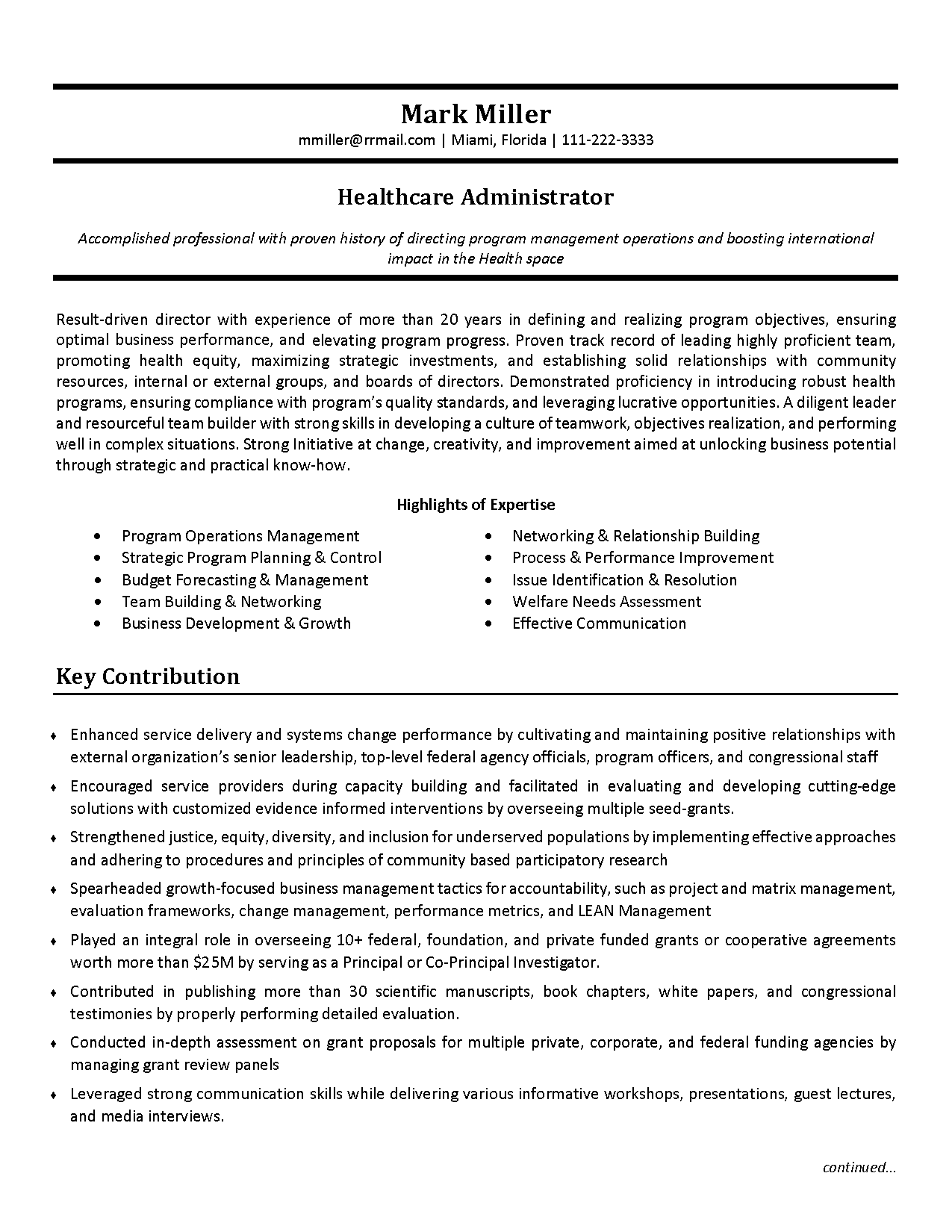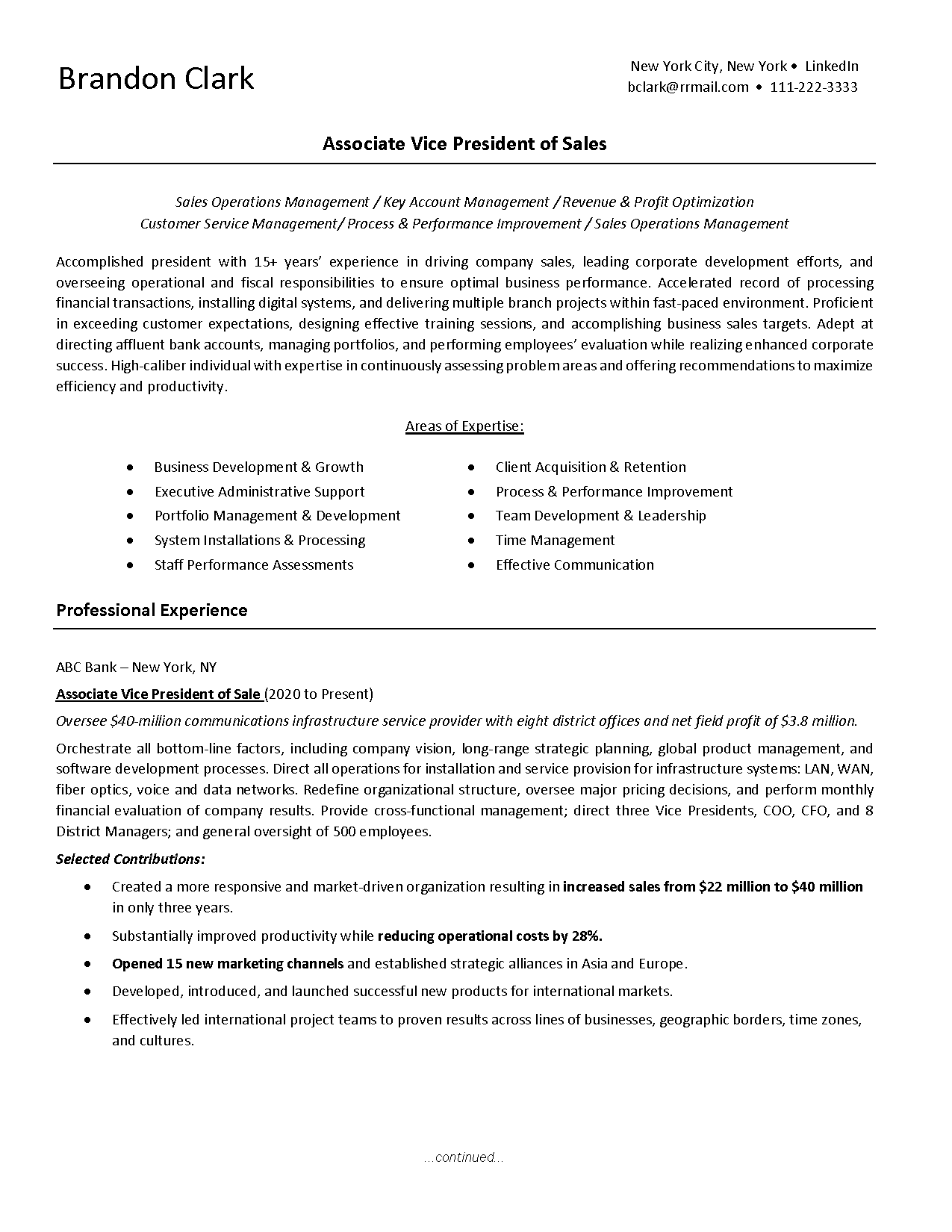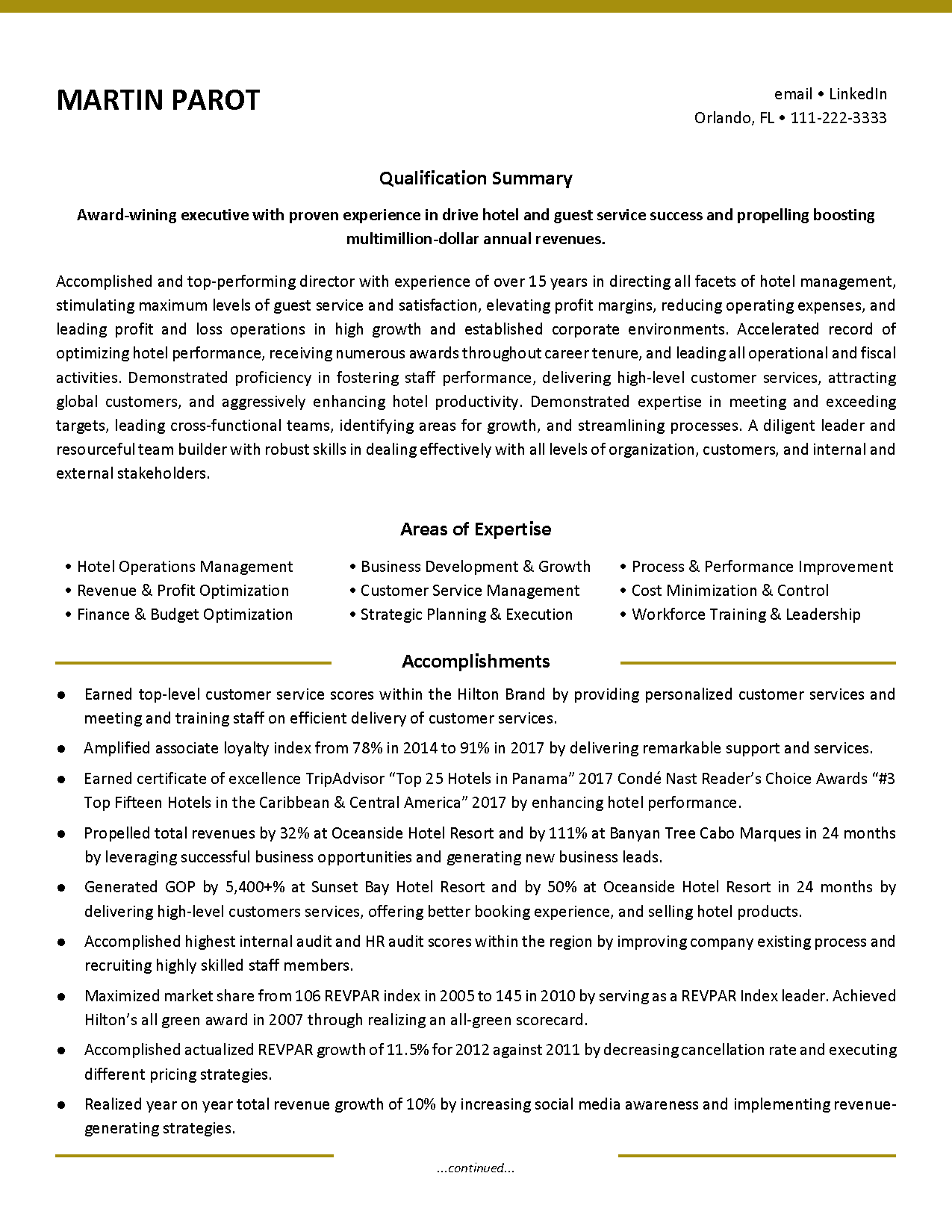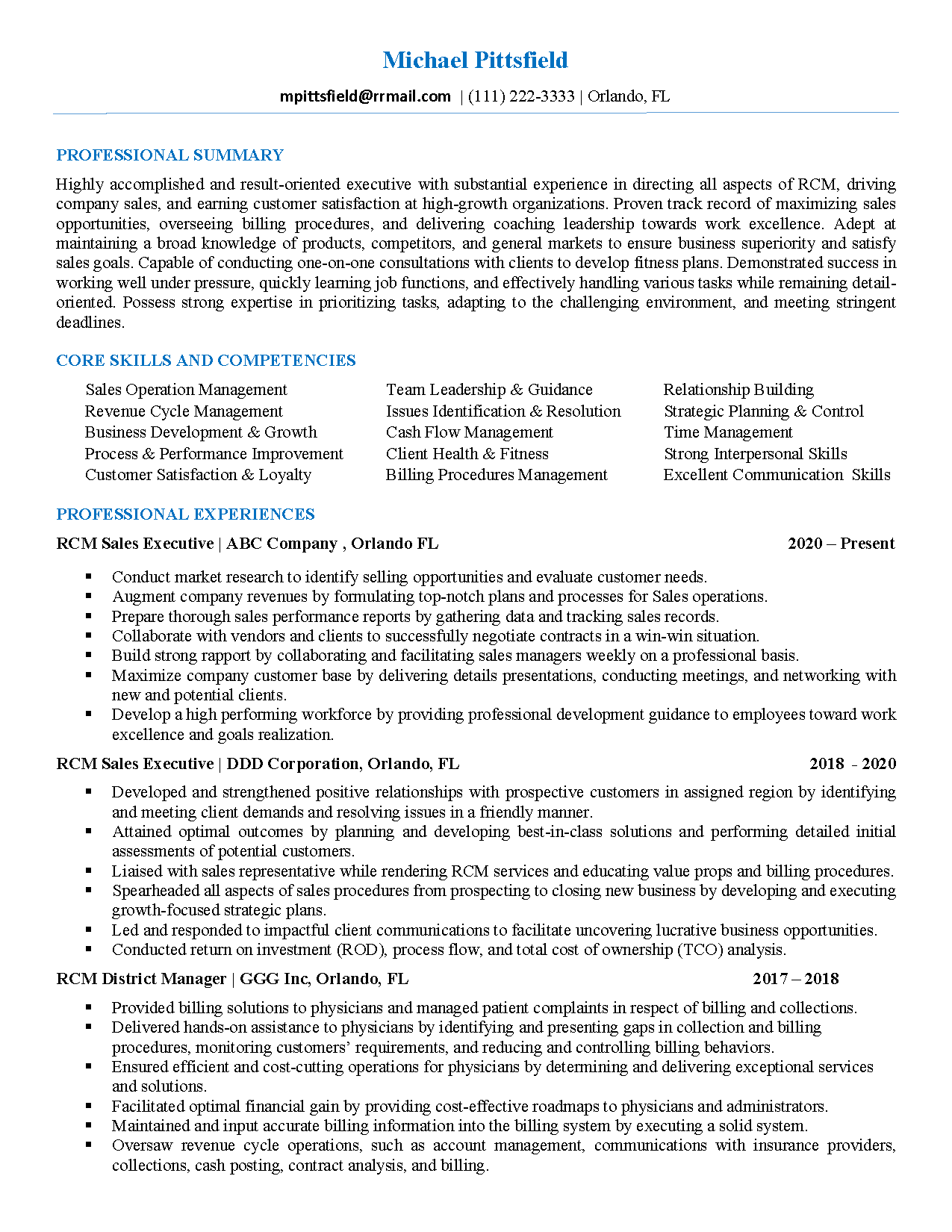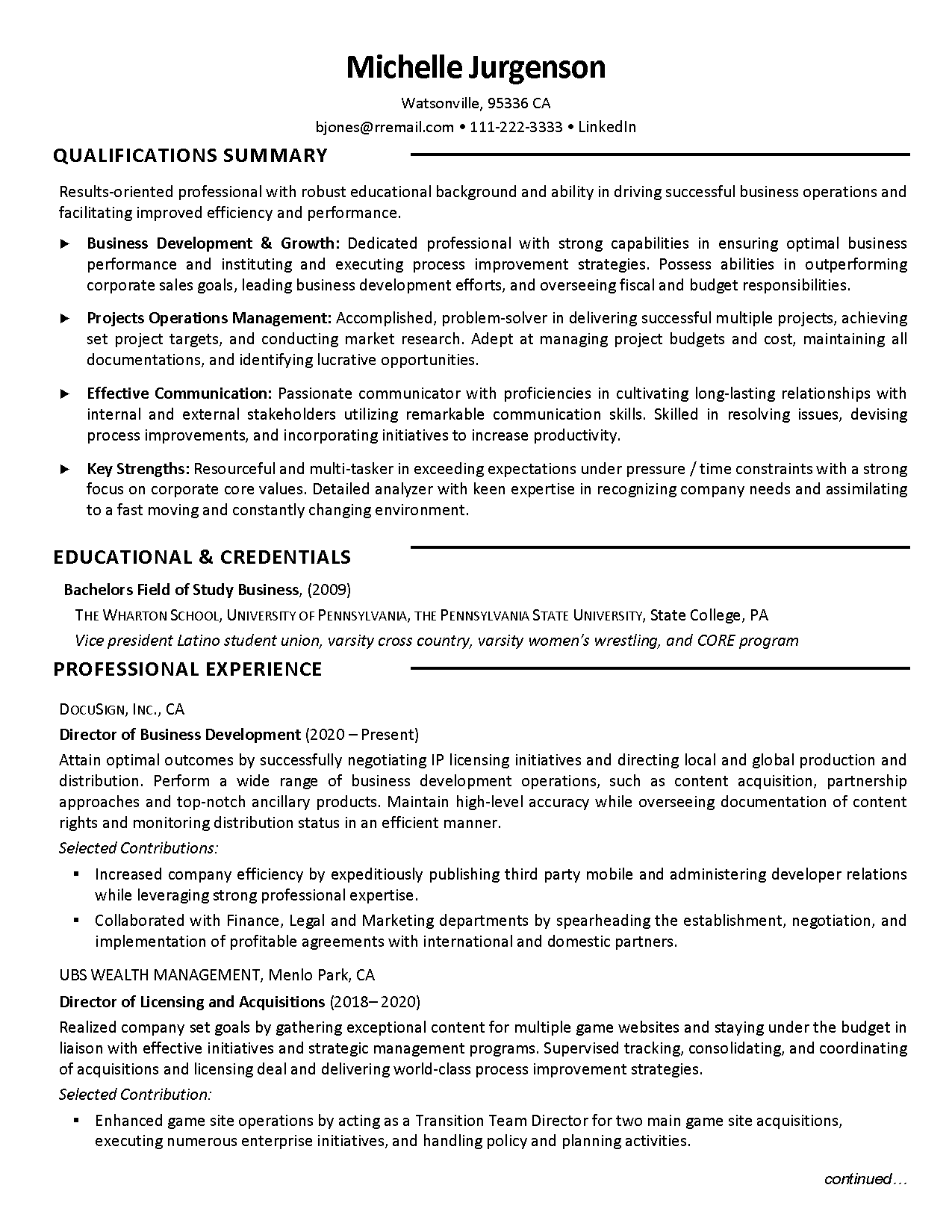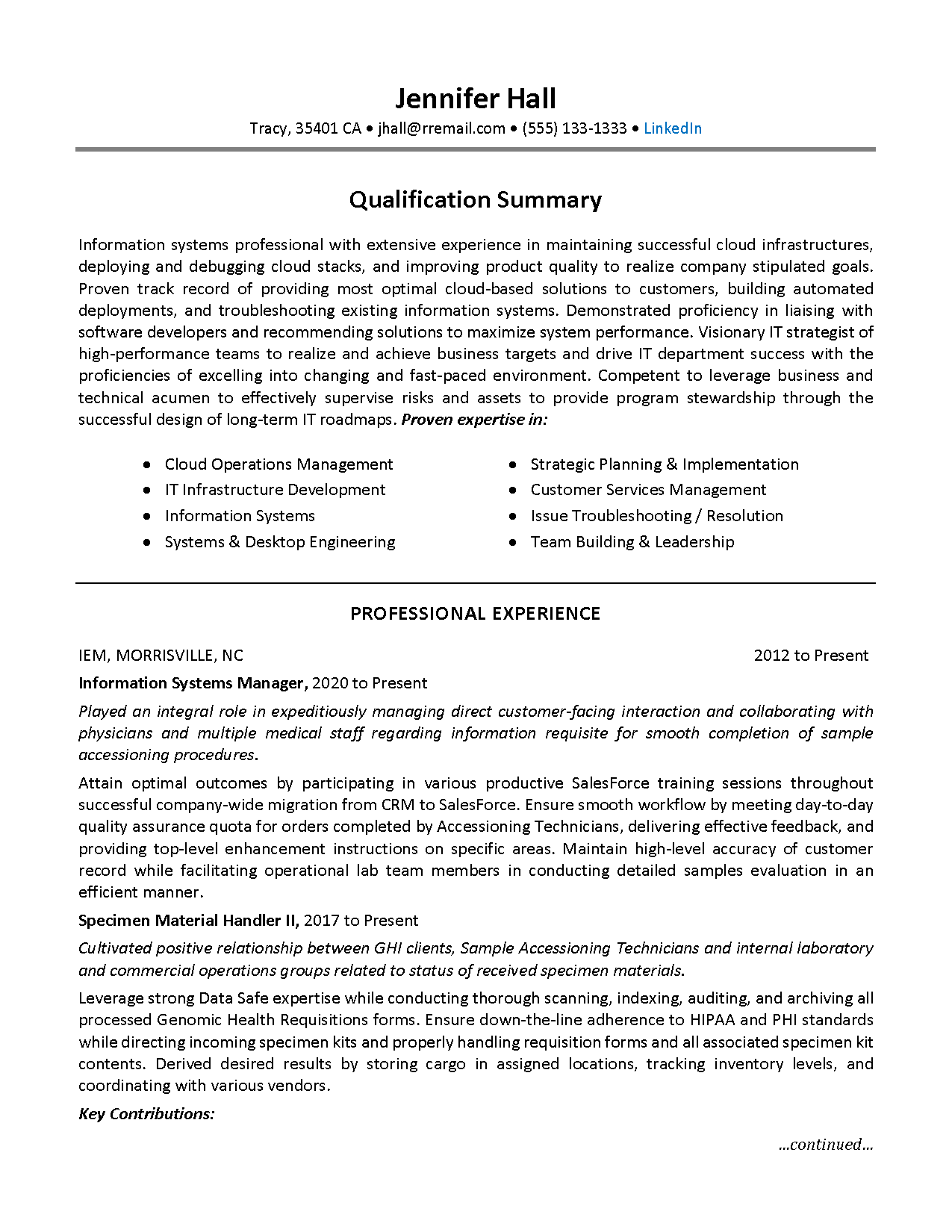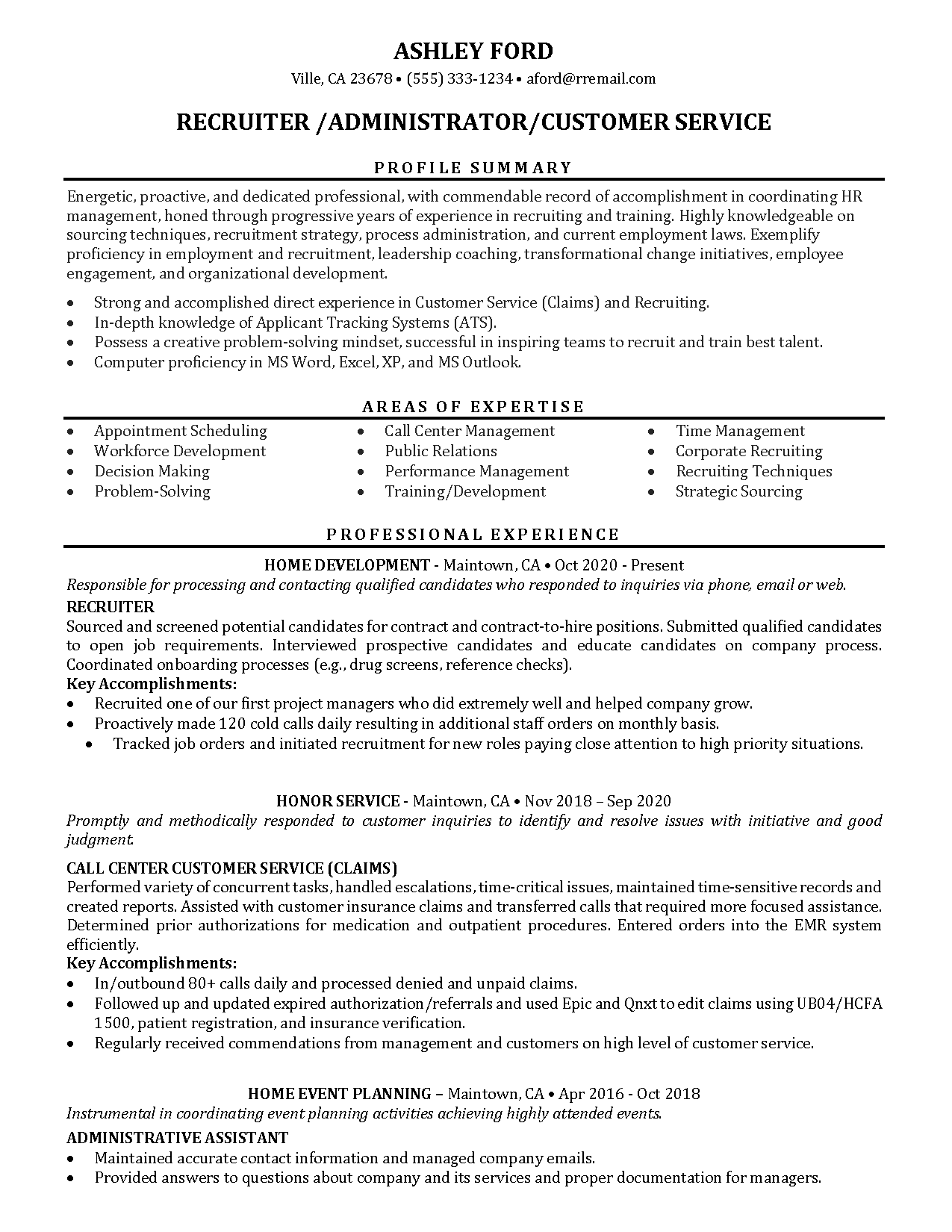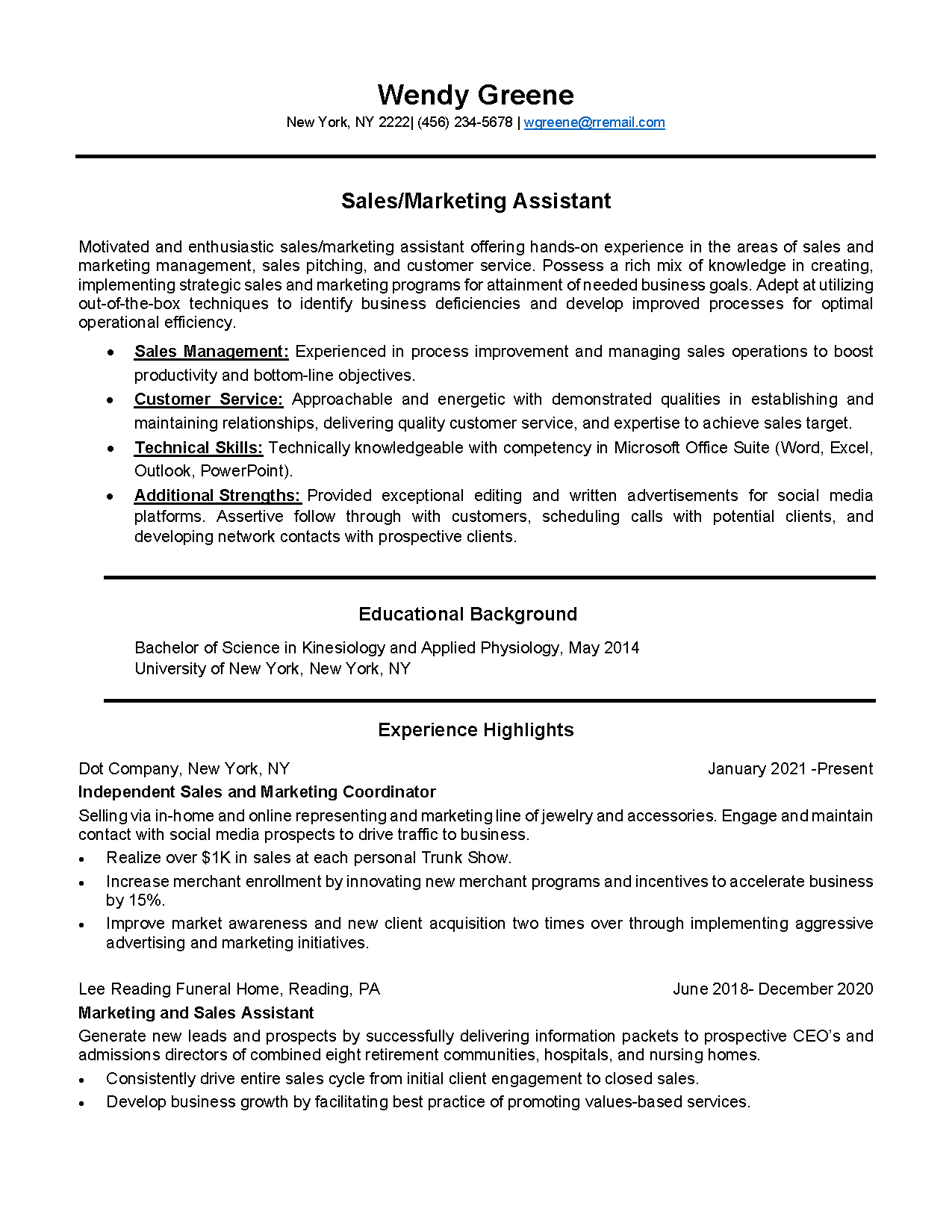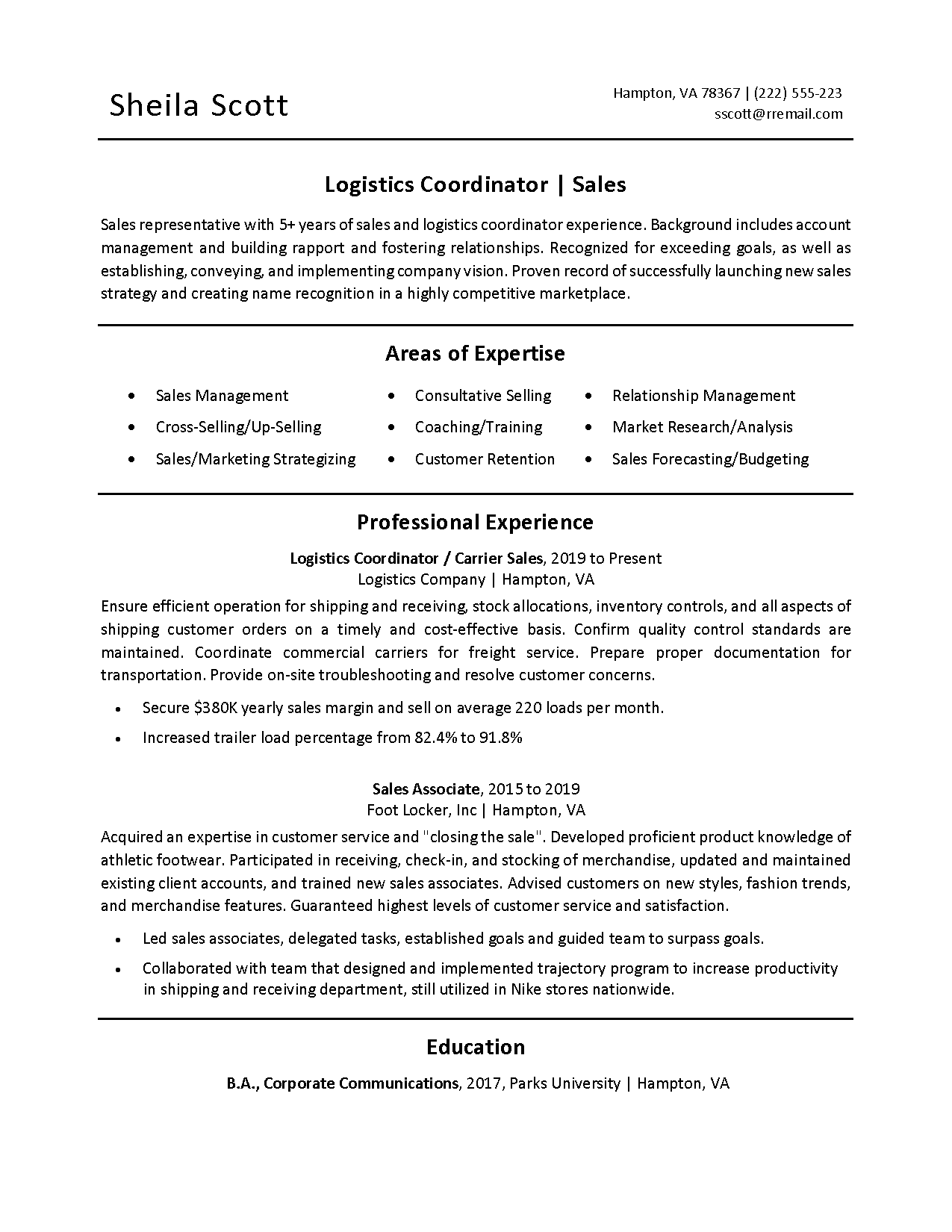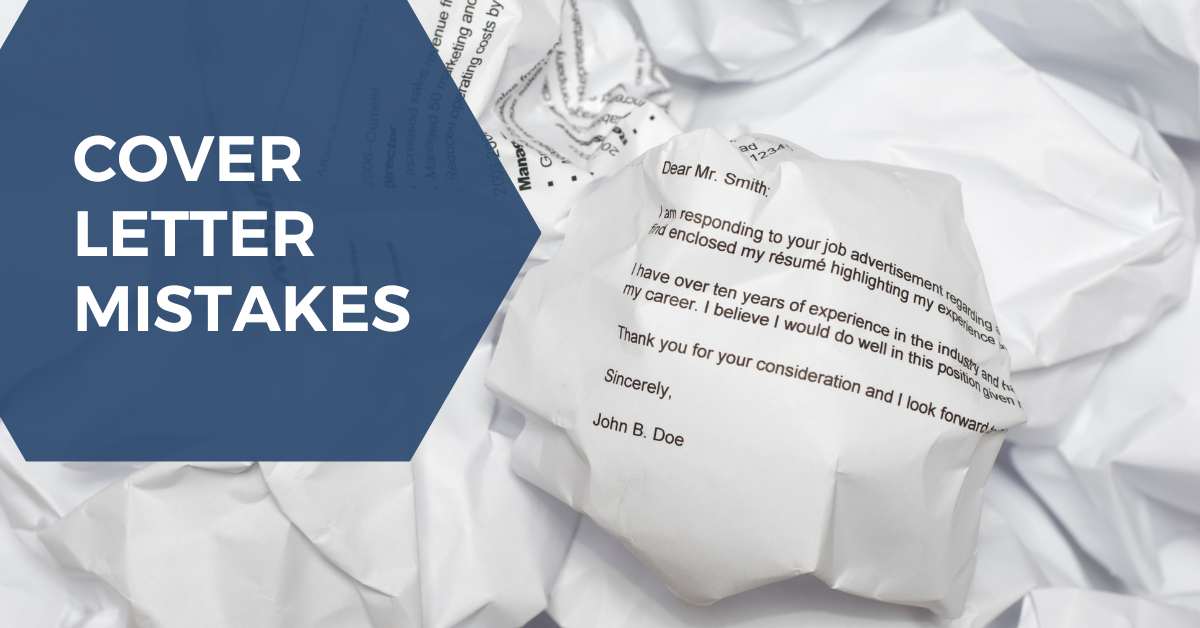
Common mistakes to avoid when writing a cover letter
-
Table of Contents
Introduction
Writing a cover letter is an important part of the job application process. It is your chance to make a good first impression and to show potential employers why you are the right person for the job. However, there are some common mistakes that people make when writing a cover letter that can hurt their chances of getting an interview. In this article, we will discuss some of the most common mistakes to avoid when writing a cover letter so that you can make sure your cover letter is as effective as possible.
Not Tailoring Your Cover Letter to the Job Description
When applying for a job, it is essential to tailor your cover letter to the job description. A generic cover letter that is not tailored to the job description will not demonstrate your knowledge of the position or your enthusiasm for the role.
When writing a cover letter, it is important to read the job description carefully and highlight the skills and qualifications that make you a good fit for the role. You should also include examples of how you have used these skills in the past. This will show the employer that you have the necessary skills and experience to be successful in the role.
In addition, you should use the same language as the job description when describing your skills and qualifications. This will demonstrate to the employer that you have taken the time to understand the job requirements and that you are a serious candidate.
Finally, you should make sure to include a call to action in your cover letter. This will show the employer that you are eager to discuss the role further and that you are confident in your ability to be successful in the role.
By tailoring your cover letter to the job description, you will demonstrate to the employer that you are a qualified and enthusiastic candidate. This will help you stand out from other applicants and increase your chances of being selected for an interview.
Not Explaining Your Qualifications
It is important to explain your qualifications when applying for a job. Your qualifications are what make you stand out from other applicants and demonstrate why you are the best fit for the position.
When writing your resume, make sure to include a section that outlines your qualifications. This should include any relevant education, certifications, and experience that you have. Be sure to include any awards or recognition that you have received, as well as any special skills or knowledge that you possess.
When writing your cover letter, make sure to explain why you are the best candidate for the job. Highlight any qualifications that you have that make you a good fit for the position. Explain how your qualifications make you the ideal candidate and how you can contribute to the company.
Finally, during the interview, be prepared to discuss your qualifications in detail. Be prepared to answer questions about your qualifications and explain why you are the best candidate for the job.
By taking the time to explain your qualifications, you can demonstrate to employers why you are the best fit for the job. This will help you stand out from other applicants and increase your chances of getting the job.
Not Showing Your Passion for the Job
When applying for a job, it is important to demonstrate your passion for the position. Showing your enthusiasm for the job can help you stand out from other applicants and make a positive impression on potential employers.
One way to demonstrate your passion for the job is to research the company and the position thoroughly. This will show that you are genuinely interested in the job and have taken the time to learn more about it. Additionally, you should be prepared to discuss why you are interested in the job and why you think you would be a good fit.
Another way to show your passion for the job is to be prepared for the interview. Make sure you have a good understanding of the job requirements and the company’s mission and values. Additionally, be prepared to discuss your qualifications and why you think you would be a good fit for the job.
Finally, be sure to express your enthusiasm for the job during the interview. Show that you are excited about the opportunity and that you are eager to learn more about the position.
By demonstrating your passion for the job, you can make a positive impression on potential employers and increase your chances of getting the job.
Not Proofreading Your Cover Letter
It is essential to proofread your cover letter before submitting it. A cover letter is a reflection of your writing skills and professionalism, and any errors can be a major turn-off for potential employers. Taking the time to proofread your cover letter can make a huge difference in how you are perceived.
Proofreading your cover letter can help you identify any typos, spelling mistakes, or grammar errors that may have been overlooked. It is also important to check for any inconsistencies in the formatting, such as incorrect font sizes or margins. Additionally, it is important to make sure that all of the information in the cover letter is accurate and up-to-date.
Finally, it is important to read your cover letter out loud to ensure that it flows well and is easy to understand. This will help you identify any awkward phrasing or sentences that may need to be reworked.
By taking the time to proofread your cover letter, you can ensure that it is free of errors and presents you in the best possible light. This can make a huge difference in how you are perceived by potential employers and can help you stand out from the competition.
Not Following Up After Submitting Your Cover Letter
After submitting your cover letter, it is important to follow up with the employer. Following up shows that you are interested in the position and that you are willing to go the extra mile to get the job. It also gives you an opportunity to reiterate your qualifications and to provide any additional information that may be relevant to the position.
When following up, it is important to be professional and courteous. Start by thanking the employer for considering your application and expressing your interest in the position. You can then provide any additional information that may be relevant to the position, such as additional qualifications or experience. Finally, you can ask if there is anything else you can provide to help the employer make a decision.
Following up after submitting your cover letter is an important step in the job search process. It shows that you are serious about the position and that you are willing to go the extra mile to get the job. It also gives you an opportunity to provide additional information that may be relevant to the position. By following up, you can increase your chances of getting the job.
Conclusion
In conclusion, writing a cover letter can be a daunting task, but it is an important part of the job application process. To ensure that your cover letter is effective, it is important to avoid common mistakes such as using a generic template, not customizing the letter to the job, not proofreading, and not including a call to action. By avoiding these mistakes, you can ensure that your cover letter is professional and effective.

